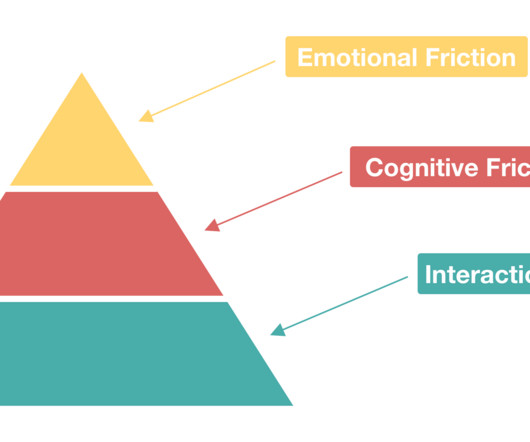A Practical Guide for Product Strategy From Almundo: A Case Study:
Mind the Product
APRIL 6, 2020
Product (and company) strategy is the backbone that guides product goal-setting and roadmap definition, although it’s sometimes overlooked or confused with having a vision. Without it, product teams become feature teams focused on outputs and not outcomes. Note: This post was written before the Covid19 lockdown.
.jpg)















Let's personalize your content